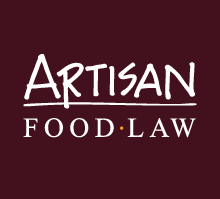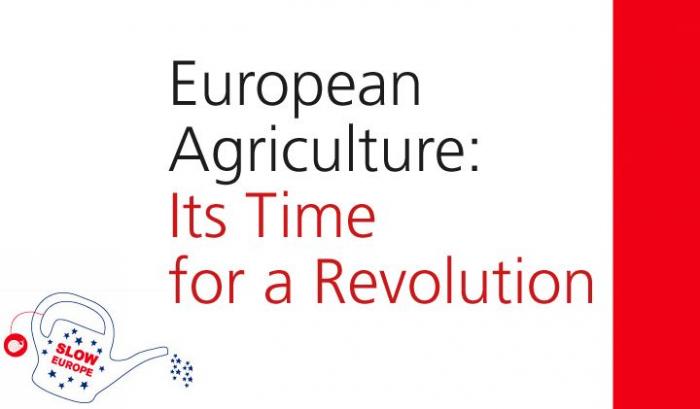European agriculture – it’s time for a revolution!
The Common Agricultural Policy (CAP) has shaped agriculture in Europe since 1962. Since then a progressive change in the structure of agricultural undertakings has taken place with large corporate interests now dominating food production and able to take advantage of the CAP which accounts for roughly half of the EU’s budget, some £50 billion of which 70% is spent on direct payments. In the UK around 200,000 farmers receive £3.3 billion but it is the big corporates that benefit most.
Over the last three years the CAP has been under review and the new CAP will be with us in 2014. It will determine the future shape of food production in Europe for years to come. The review provided an opportunity to frame the CAP in terms which support more sustainable forms of agriculture, the protection of natural resources and smaller farmers. Things looked promising early on in the review with the European Commission looking favourably on proposals for greening the CAP but, as so often happens, when crunch decisions fall to be taken the agri-food lobby flexes its muscles and the politicians jump to attention.
Last month, the Committee on Agriculture and Rural Development (COMAGRI) of the European Parliament voted to block environmental measures which had been proposed more than a year ago by the European Commission for inclusion in the new CAP. COMAGRI's decision can only favour the short-term commercial interests of the agri-food industry. The Commission's proposals linked environmental improvement to direct subsidy and were designed to enhance the sustainability of food production throughout the EU.
The CAP has been a disaster in the eyes of many. It has promoted harmful agricultural practices that have eroded the fertility of the land and resulted in a loss of biodiversity. The people of Europe have paid for this through taxes spent on direct subsidies and will pay again in the future to repair the damage done. Meanwhile, developing countries have been unfairly disadvantaged, unable to compete with subsidised food production in the EU.
The lion’s share of the CAP budget has almost always been allocated in proportion to the total area farmed. In practice this means subsidies go mainly to large corporate agricultural holdings which are least likely to prioritise sustainability and the environment. Greening the CAP was designed to ensure this could not happen, but COMAGRI has effectively all but made it optional under “more flexible greening” measures and double funding for the same environmental measure. Tony Long of the World Wildlife Fund condemned the decision saying:
"COMAGRI has squandered a historic opportunity to support farming and environmental sustainability together and has lost all credibility.”
A few welcome changes survived. Incentives for young people entering agriculture, a cap of €300,000 on subsidies for the largest land holders and an improved definition of ‘active agriculture’ which should help prevent subsidies going to airports, sports clubs, golf courses and other similar organisations.
The one last remaining chance to bring about a true greening of the CAP rests with the vote of the European Parliament next month. On 11 March the European Parliament meets to decide its position on the new CAP before reaching agreement with the European Council under the new co-decision procedure. It must be prevailed upon to reject the decisions taken by the COMAGRI, vote in favour of a genuinely green CAP and not be complicit in a green washing of agricultural policy. We all have a responsibility to ensure that our elected representatives in the European Parliament are left under no illusions as to the need for a new genuinely green CAP and not simply ‘green wash’ the old CAP which would continue to reward those who produce in the least sustainable and most damaging ways.
Help is at hand. Go M. A. D. has been launched by the Good Food Good Farming campaign, which is itself an initiative of the Agricultural and Rural Convention (ARC2020), a platform for 150 organisations including Friends of the Earth Europe, Compassion in World Farming, Pesticides Action Network Europe and Slow Food International. Go M. A. D. will help you connect with your MEP so you can leave him or her in no doubt what is expected of them.
Let your MEPs know where you stand on a future sustainable food system for Europe!





